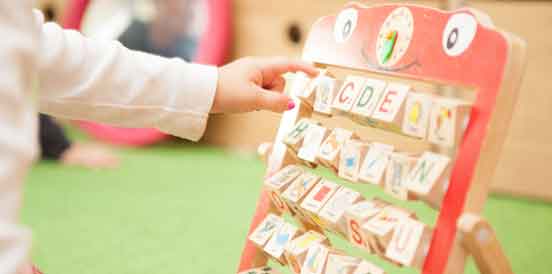Share Content
Article Link Copied
Kindergarten of the Future in Bavaria

Research funders very often lack tenacity. Funding for intervention studies very often lasts for 3 to 5 years only. The most interesting results, however, oftentimes appear much later. This is why the Jacobs Foundation has been funding the follow-up study to the intervention research project “Kindergarten der Zukunft in Bayern” at the Otto-Friedrich Universität Bamberg and the Free University Berlin, Germany since 2011.
The intervention program “Kindergarten der Zukunft in Bayern” (KiDZ), which was conducted from 2004 to 2009 in Bavarian preschools, aimed to provide children (aged 3 to 6) with traditional preschool stimulation combined with best practice for cognitive and domain specific stimulation (for example specific stimulation in mathematics and language) and preparation for school. The follow-up study evaluated the long-term effects of KiDZ till the age of 12. Main focus was to evaluate to what extent the specific stimulation in preschool influences children´s competencies
in mathematics, language and socio-emotional development. 52 children of the KiDZ-group and 31 of control group could be tested again on selected domains of development (e.g. language, mathematics) at age 12. Furthermore, parent and pupil questionnaires provided information on aspects of life-satisfaction, approaches to learning, risk-taking behavior and socio-emotional adjustment.
Quality of early education is essential
Results show positive effects on mathematics at the age of 12 for KiDZ children. The competitive advantage is not directly caused by the participation in the KiDZ-intervention but by higher preschool quality in KiDZ-preschools, which in turn was associated with higher competencies in mathematics at the age of 12. For reading comprehension and reading fluency, no effects of the participation in the KiDZ-intervention could be detected. Regarding aspects concerning life satisfaction and coping with life, KiDZ children show better marks in mathematics lessons and report to cope better with school, than children of the control group, regardless of the quality in preschool. Altogether, the results prove the lasting effects of a high-quality domain-specific stimulation on academic
competencies as well as on life-coping competencies, that are crucial for children`s further success.